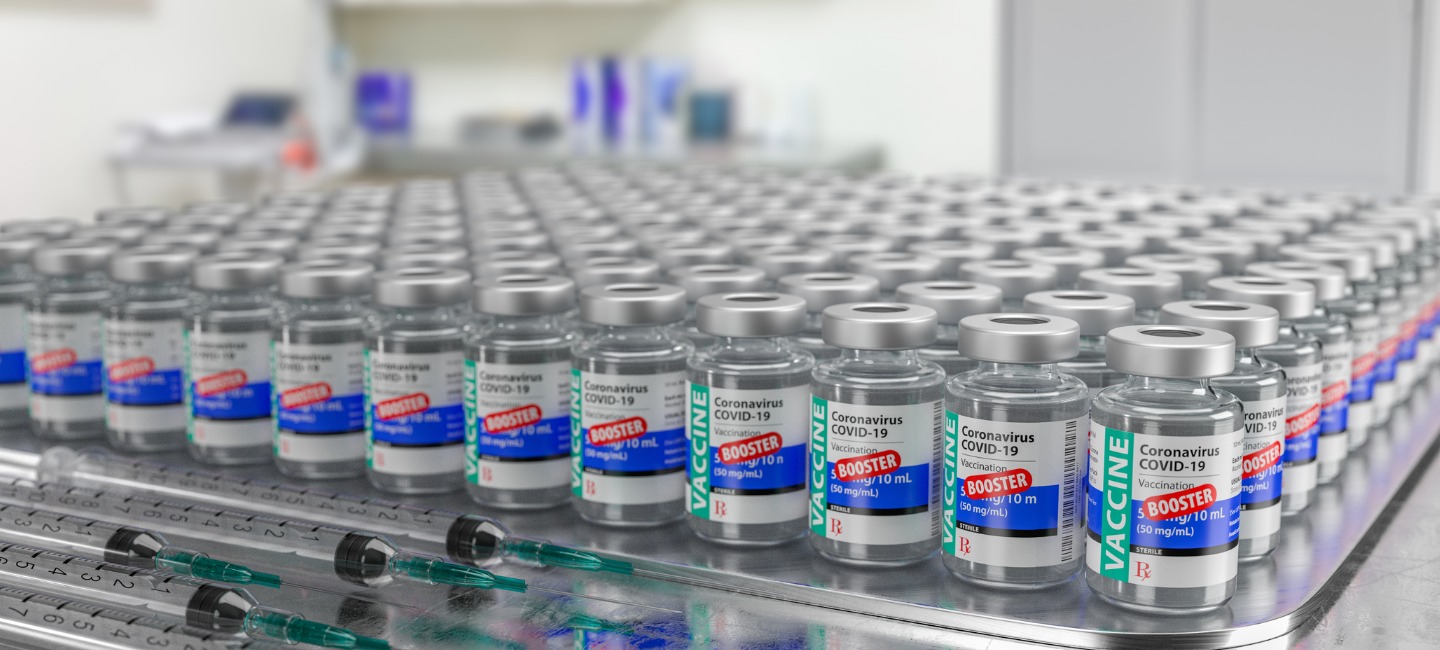FDA, CDC Approve COVID-19 Booster Shots
The Food and Drug Administration and Centers for Disease Control and Prevention have cleared the way for Pfizer-BioNTech COVID-19 booster shots for certain groups of people. Booster doses are now available for individuals who were vaccinated with the Pfizer vaccine at least six months ago, including:
- People 65 and older
- People 18 and older with underlying health conditions
- Those who have jobs with a high risk of exposure
- Long term care facility residents
For people with underlying health conditions, such as cancer or diabetes, they should talk to their health care provider if they have questions about the booster.
Up to 20 million Americans now qualify for booster shots, according to the White House. The booster doses are free with no ID or insurance card needed to make an appointment. No need to bring a doctor’s note outlining underlying health conditions, either. But do bring your vaccination card so your booster can be documented.
This follows news from August when the FDA and CDC authorized a third dose of the Pfizer-BioNTech and Moderna COVID-19 vaccines for immunocompromised individuals. So what’s the difference between a third dose and a booster?
Booster v. Third Dose
A third dose helps immunocompromised individuals complete their initial vaccine series because they likely did not mount the same immune response that most other people experienced with the two-dose regimen. It’s recommended that people with moderately to severely compromised immune systems receive an additional dose of a mRNA COVID-19 vaccine at least 28 days after a second dose of Pfizer-BioNTech or Moderna.
A booster shot is an additional dose needed to help defend against waning immunity over time.

Dr. John Greene, chair of the Infectious Diseases Program at Moffitt Cancer Center, says both booster and third doses for the immunosuppressed are important.
“Booster shots enhance the immune response fivefold to tenfold and give added protection against the delta variant that makes up over 99% of strains in the community,” said Greene. “Third doses benefit the immunosuppressed who had a substandard immune response to two doses but show a much better immune response after the third dose to prevent illness, and more importantly, hospitalization and death by tenfold to twentyfold.”
Booster shots are safe, effective and unlikely to trigger side effects like the initial doses. If side effects do occur, they are usually milder.
Pfizer is the only COVID-19 vaccine approved for booster doses. The FDA and CDC are still reviewing data on the safety of additional doses of the Moderna and Johnson and Johnson vaccines.
For those who may have developed breakthrough infections, booster and third doses are still recommended because the duration of the immune response is not as long as what vaccination can provide. “The immune system wanes faster after natural infection than vaccination and needs enhancement with a third dose or booster dose,” said Greene.
End Goal: More Vaccinations
Moffitt Cancer Center is offering the vaccine to its patients, health care workers and families. This includes the two-dose and three-dose regimen of the Pfizer-BioNTech and Moderna shots, as well as Pfizer booster shots. Moffitt plans to offer booster doses of Moderna once approved.
For those eligible for a booster shot, consider scheduling a flu shot at the same time. This is considered safe. Even if you’re not eligible for a booster, now is the time to get your flu shot.
“The only way we can bring an end to the pandemic is to get more Americans fully vaccinated. Only about 55% of the population is considered fully vaccinated,” said Greene. “All three vaccines help protect against serious illness, hospitalization and death from COVID-19.”



